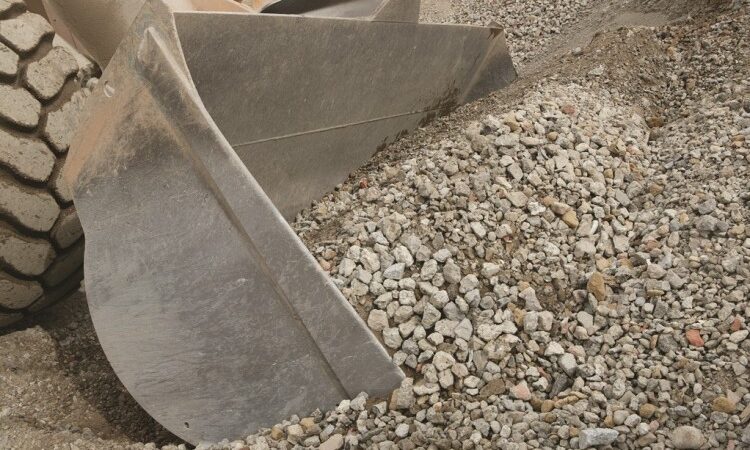Insulation specialists not happy with heat pump grant changes
 The government’s boiler upgrade scheme offers grants of up to £7,500 to people who scrap their old fossil-fuel boiler and install a heat pump.
The government’s boiler upgrade scheme offers grants of up to £7,500 to people who scrap their old fossil-fuel boiler and install a heat pump.
However, up until now, the installation of cavity wall and loft insulation has been a condition of entitlement to a grant, since without effective insulation the effectiveness of a heat pump is impaired (as it is with any boiler, but more so).
The government wants to roll out 600,000 heat pumps per year by 2028. In 2022, 5,000 heat pumps were sold in the UK – compared to 620,000 in France, which has a very similar population.
Concerned about the slow take-up of heat pumps, the government ran a consultation last year on changes to the boiler upgrade scheme. It increased maximum grants from £5,000 to £7,500 last year and is now dropping the requirement for insulation.
Changes to the boiler upgrade scheme via scheme regulations when parliamentary time allows. It will continue to be government guidance to install loft and cavity wall insulation measures where there are EPC recommendations, but these will no longer be mandated.
External wall insulation specialist Alsecco says that this is “short-sighted” and “undermines the impact that carbon reduction initiatives will have in the long term, instead reinforcing a ‘fabric first’ approach as the most effective way to cut energy consumption on a long-term basis”.
Alsecco says that removing the insulation requirement to reduce the cost to the homeowner “flies in the face of” the move to make buildings more thermally efficient.
The Insulated Render & Cladding Association (INCA), which represents the external wall insulation industry, has already announced its intention to lobby the government to prioritise a fabric-first approach in retrofit projects to thermally upgrade existing buildings.
Alsecco UK managing director Dean Broughton said: “Buildings need to be constructed with energy efficiency in mind, there is no doubt about that, and upgrading existing homes to be more thermally efficient is vital if we are to reduce carbon emissions in the built environment.
“However, quick fixes to boost specific targets, such as increasing the uptake of heat pumps, cannot be done at the expense of seeing the bigger picture. Homes that are constructed – or retrofitted – to be more thermally efficient will use less energy over their lifetime. Insulation is integral to this.
“The pitfalls of poorly insulated homes are well known – and addressing heat loss and dealing with condensation will require more energy use down the line.
“We strongly believe that a fabric first approach is needed to build homes that are fit for a more sustainable future, where thermal protection is built in to maintain a comfortable living environment.”

Steffanie Eslinger is a British novelist and writer based in Cambridge, England. Her novels have received critical acclaim, with one being a Sunday Times bestseller. Eslinger has been actively involved in the literary community, speaking at festivals, teaching writing workshops, and contributing to prestigious literary magazines. She holds a master’s degree in Creative Writing from the University of Cambridge and an undergraduate degree from the University of Oxford.





